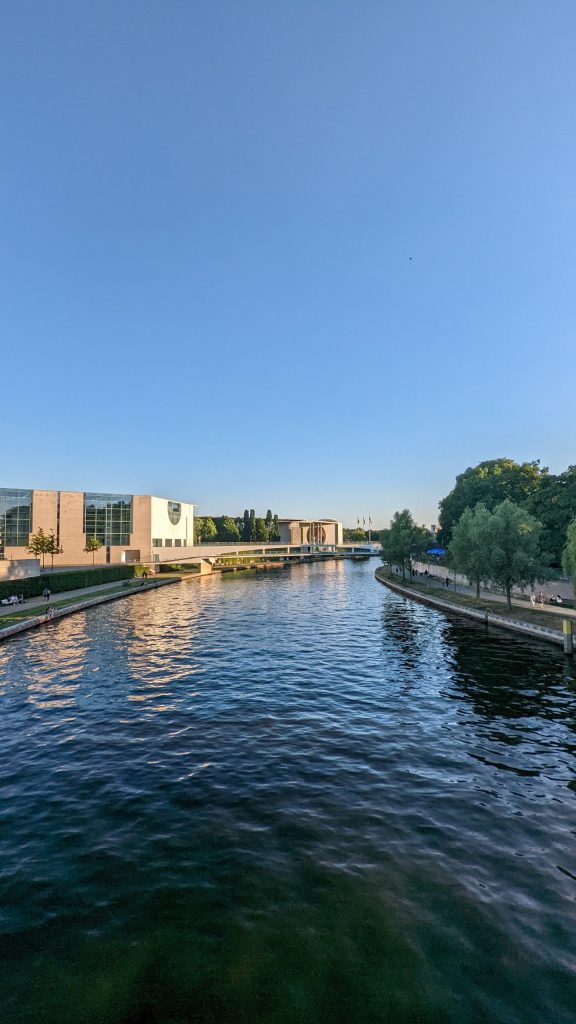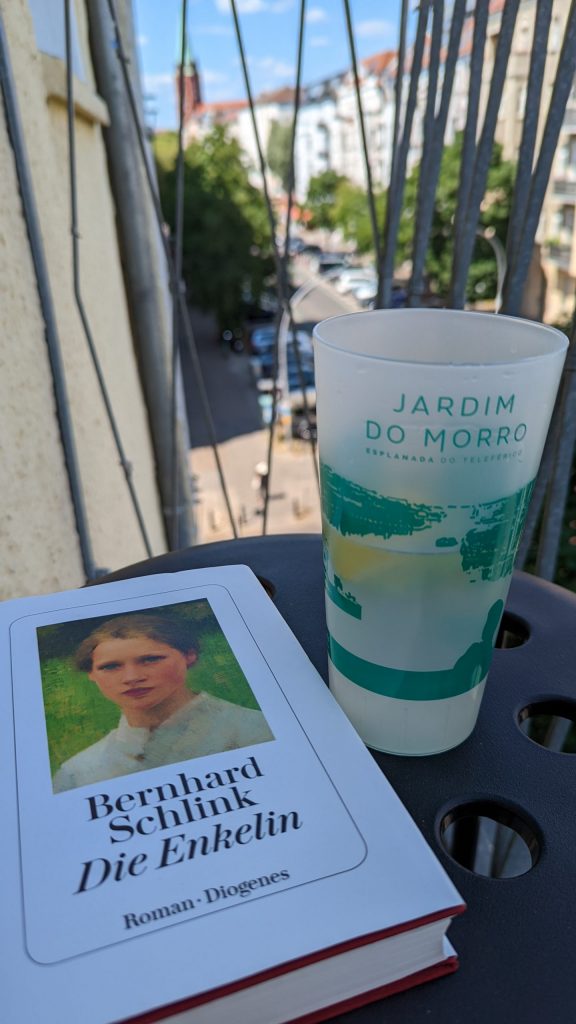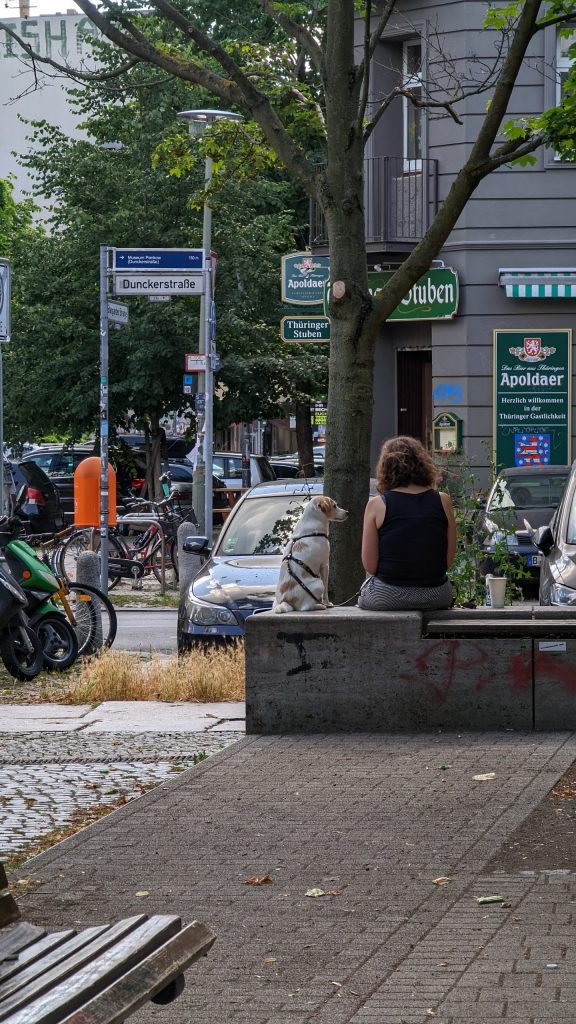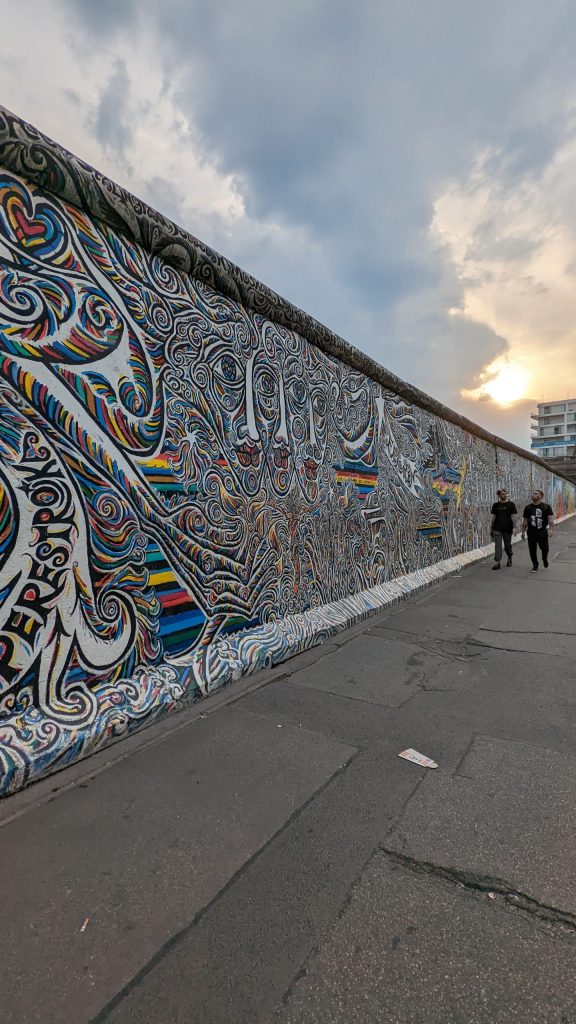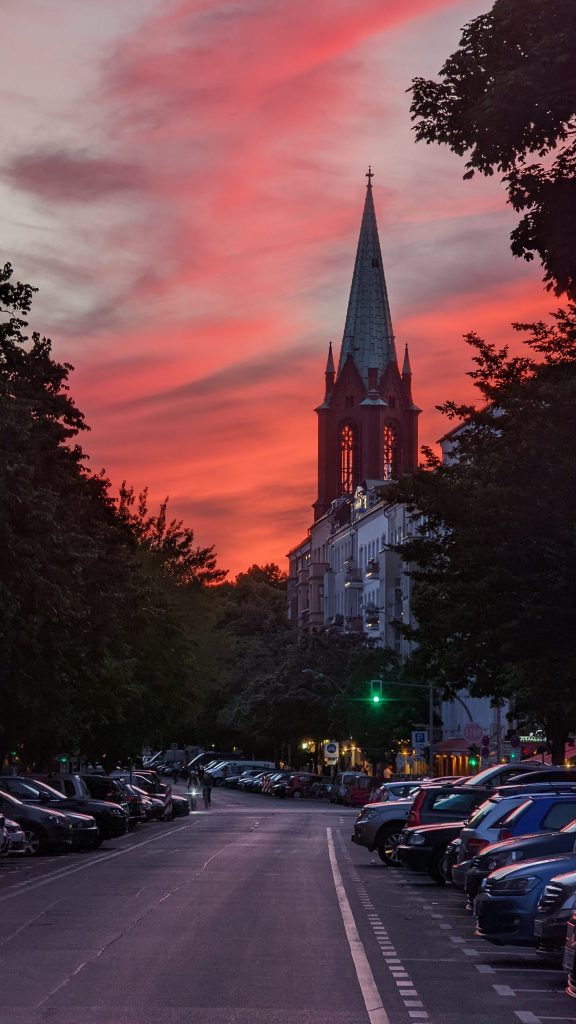I am not a coffee connoisseur by any means, but I like to have a good cup of coffee, and by a good cup, I don’t mean filter coffee. We can’t pick our apartments based on the coffee machine available though. There are too many other factors to consider. None of the apartments so far had a portafilter espresso machine, which is my preferred style of coffee preparation. Every month when we arrive in the new apartment, one of the first things we do is check out which coffee machine is waiting for us there. Often unsatisfied with what we have found, I began researching various types of mobile espresso machines, but wasn’t convinced that any of the systems out there would make a good espresso and suit our style of living – out of a backpack.
Arriving for our month-long stay in Berlin, we hit rock bottom once again: our coffee machine was a french press. This time, after six months without a portafilter espresso machine, I felt I can’t go on like this and took a chance in ordering what I thought to be our best fit, a tiny mechanical espresso maker, barely bigger than my fist, which is supposed to extract espresso with the same crema like a regular espresso machine. I haven’t taken the time to experiment with different sizes of ground coffee and I am in general perfectly happy with a regular Lavazza coffee for my espresso. Lavazza also worked perfectly fine with this handheld “machine” operated by the pressure you create through mechanically pumping water with the power of your finger muscles. I am very happy that from now on I can again have a decent espresso in the morning. And by one I actually mean two.
Sitting in a bus on the way to Paris, after some city breaks in Rotterdam, Amsterdam, and Antwerp, and drinking from a small bottle of soda, I noticed what was written on its lid, “Recycle Please”, which made me ponder how ineffective environmental policies often are, since many of these bottles are not recycled and are instead thrown away carelessly, regardless of what is printed on them. In Berlin, you have to pay a 25-cent deposit on any plastic bottle. If you can’t return a plastic bottle to a grocery store, you keep it next to a garbage can and someone in need of money will collect it and return it. Thereby this policy has not only made things environmentally friendlier but is also helping people with no or very little income to make ends meet, since there are lots of bottles to collect. People in Berlin, and especially in our neighborhood of the Helmholtz-Kiez, don’t only leave plastic bottles for others to collect, but basically everything you could think of. They put stuff just outside the building on the sidewalk or on the windowsill and whoever finds interest in it is free to take it. We followed suit and I left some of our clothes in front of our building. We are still trying to reduce our luggage. By the time I came back from my run, which was about 45 min later, all but one item had been taken.
Lying within the lovely “Prenzlauerberg” area, the Helmholtz-Kiez was the perfect location for our stay in Berlin. There are so many things happening and you have so many restaurant options that you would actually never have to leave it. Prenzlauerberg also has a public running track a mere 10-minute walk from our apartment, which was fantastic, since I always wanted to practice running on a track, but never lived close enough to one.
Berlin seems to be truly international. In the yoga studio on our street where I went once, the class was held by an American, and the hair stylist in our street who cut Bee’s hair was Australian. Many businesses’ employees talk to you in English. I went to a bowl and wrap place in Berlin’s Neukölln district and ordered in German, and the employee who took orders asked me if I minded speaking in English. She was probably Spanish and not confident enough about her German or couldn’t speak German. It’s a nice atmosphere to live in, a city where the lingua franca English is widely understood and spoken and “foreigners”, as they are often called in Europe, have less fear about not understanding others or not being understood and being discriminated against because they don’t speak the local language.
Berlin is a very free city. People drink a bottle of beer while walking to places or in public transport and they feel free to dress in any way they want regardless of conventions, something I noticed to this extent only in Santiago de Chile. A lot of streets have cobblestone and therefore cyclists often ride their bikes on the sidewalks, which seemed also totally accepted. The sidewalks in Prenzlauerberg are extremely wide and most streets have a lot of trees. Throughout the city you find ping pong tables in public spaces and Berlin has lots of parks. The parks are really happening, some with a Sunday picnic atmosphere and others, like “Mauerpark”, are full-on party parks with various live and recorded loud music playing throughout the night. “Spätis” are the Berlin version of New York bodegas, with the difference being that many of them keep some benches and tables on the sidewalk in front of them, so you can drink your beer right there, if you don’t choose to drink it on your way as “Wegbier” to your next destination. If I had one word to describe Berlin, I think it would be “alternative”. We felt very much at home there.
